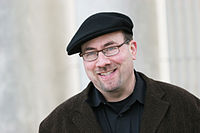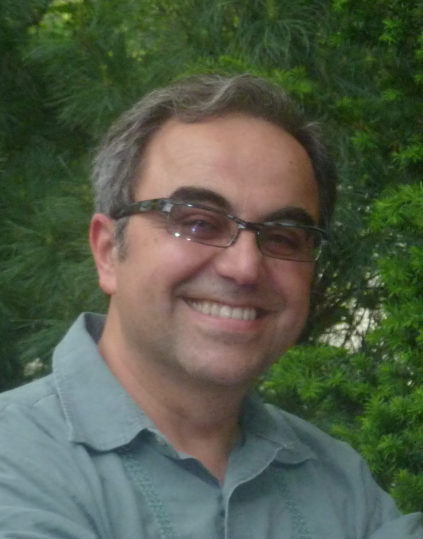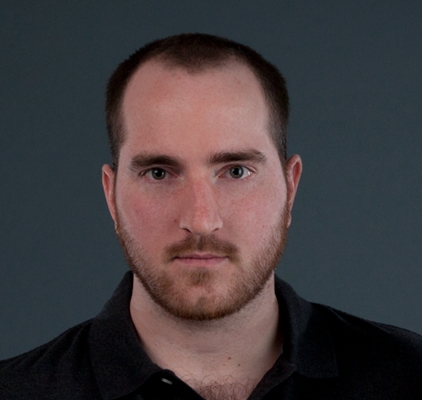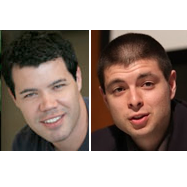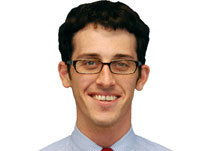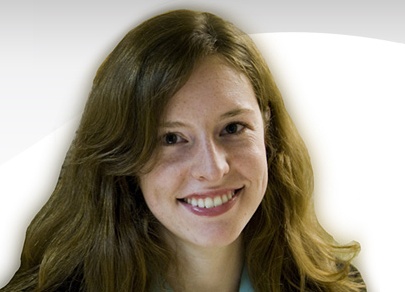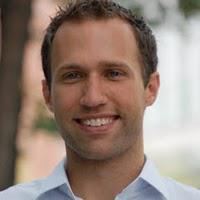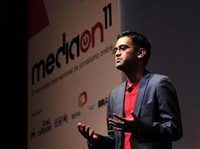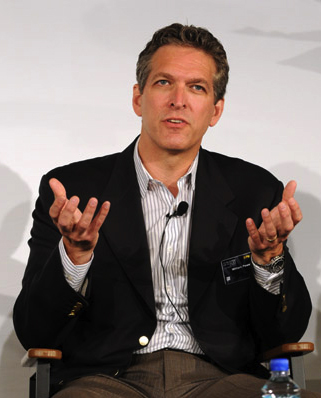Dear All,
Many thanks for your participation in our “Truthiness in Digital Media” Symposium and Hack Day on March 6-7. It was an exciting opportunity to advance a shared understanding of the challenges of discerning trustworthiness, bad facts and framing, and to consider our own biases in the context of the increasingly complicated networked media ecosystem. Our progress was fueled by diverse and talented group of people who lead and engaged in the sessions. Indeed, we offer our most hearty thanks for your insights, energy and commitment. Continue reading
